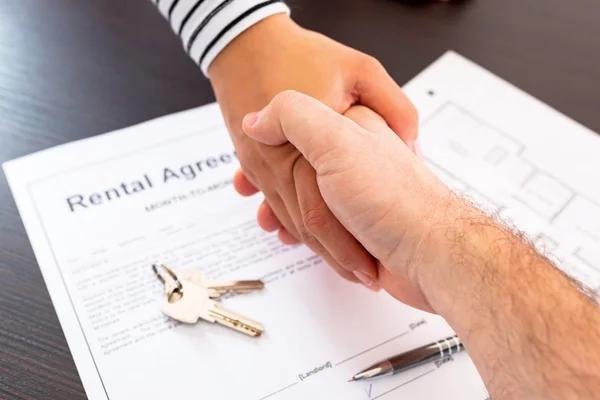A non commercial hire arrangement is the central papers that outlines the terms and conditions of renting a property in Colorado. Regardless of whether you’re a landlord or perhaps a renter, knowing the essential parts of this agreement is very important to guarantee an even and mutually beneficial tenancy. Here’s all you have to know about the colorado residential lease agreement:
1. Functions Engaged: The lease contract arrangement determines the celebrations involved—the landlord (property owner) and also the tenant (renter). It includes their legal brands, handles, and contact information and facts.
2. Residence Description: The hire specifies the address and description from the rental property, including information regarding the unit or home becoming rented.
3. Hire Phrase: This segment outlines the time of the rent, including the start off particular date and also the finish day. This may also incorporate conditions for renewal or termination from the lease.
4. Rent Transaction: The agreement plainly states the volume of lease due, the thanks day, and appropriate payment techniques. It can possibly involve particulars regarding delayed service fees and outcomes for non-payment.
5. Stability Put in: Colorado regulation limitations the total amount a landlord may charge for a stability put in. The lease should stipulate the level of the put in, its purpose, along with the conditions under which it will likely be delivered on the tenant following the lease expression.
6. Responsibilities of Celebrations: The hire outlines the particular obligations of your property owner and renter. This includes routine maintenance responsibilities, application obligations, and rules regarding adjustments towards the house.
7. Policies: The lease contract could include rules and regulations regulating the tenant’s behavior and use of the residence. This may include problems for example disturbance limitations, dog insurance policies, and smoking cigarettes guidelines.
8. Improvements and Upkeep: The agreement should establish which party is mainly responsible for maintenance and repair of your property, which include methods for asking for repairs and dealing with maintenance troubles.
9. Eviction Processes: Within the regrettable occasion of the eviction, the rent agreement describes the processes that both sides must follow, which includes notice requirements and lawful recourse.
10. Legal Disclosures: Colorado law calls for property owners to disclose specific information to tenants, for example lead-based color dangers and the presence of methamphetamine pollution from the property.
Understanding the Colorado residential lease agreement is essential both for landlords and tenants to shield their legal rights and commitments. Before signing any hire agreement, it’s wise to review it cautiously and search for legal services as needed to make sure a reasonable and transparent leasing layout.
